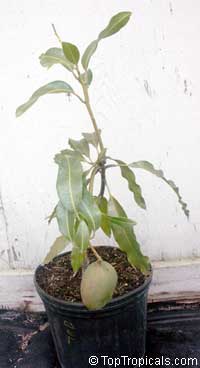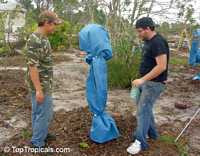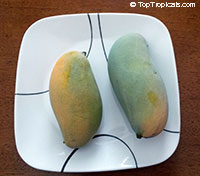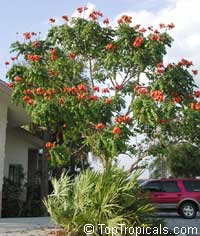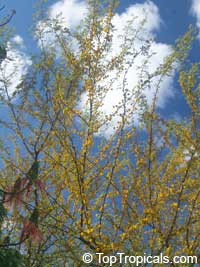Date:
Holiday Best Gift suggestions and discounts!

Don't forget December Fest on Saturday Dec 10! 10:00am - 2:00pm. Join us at biggest sale of the year and customer appreciation fest! Topic: Edible landscape. Agenda:
Class @ 11:00am by Robert Riefer. How to keep pests off of maturing fruit.
Class @12:00pm Super foods by Zoe Merring. Benefits of Soursop, barbados cherry, goji, moringa. Benefits and recipes.
Prize giveaways at 12:00pm and 2:00pm
20 % discount on all plants for local customers. Snacks and drinks! Free stuff!
Best Gift suggestions
Best present - Bonus Gift Certificate - with holiday 20% discount! This offer is good til end of 12/25/2016
1) It has no expiration date;
2) Gardeners know what they want, let them make a choice;
3) Plants can be ordered in spring;
4) Your present won't be late because of possible weather-related delays.
Gift Plants that always work the best:
- Jasmine Sambac - everyone's favorite
- Lady of The Night - fragrant at night, shade tolerant and easy indoors
- Allspice - instant super spice
- Bay Rum - famous cologne fragrance plant
- Mango Cogshall - dwarf and compact, can be grown by anyone in any space
- Cordyline - indestructible showy bright foliage, great for every holiday
Special Holiday discounts for online shopping.
XMAS15 - for 15% off on orders $100 and more
XMAS20 - for 20% off on orders $150 and more
XMAS25 - for 25% off on orders $200 and more
Codes valid through Christmas day, Dec 25. Excluding S/H

